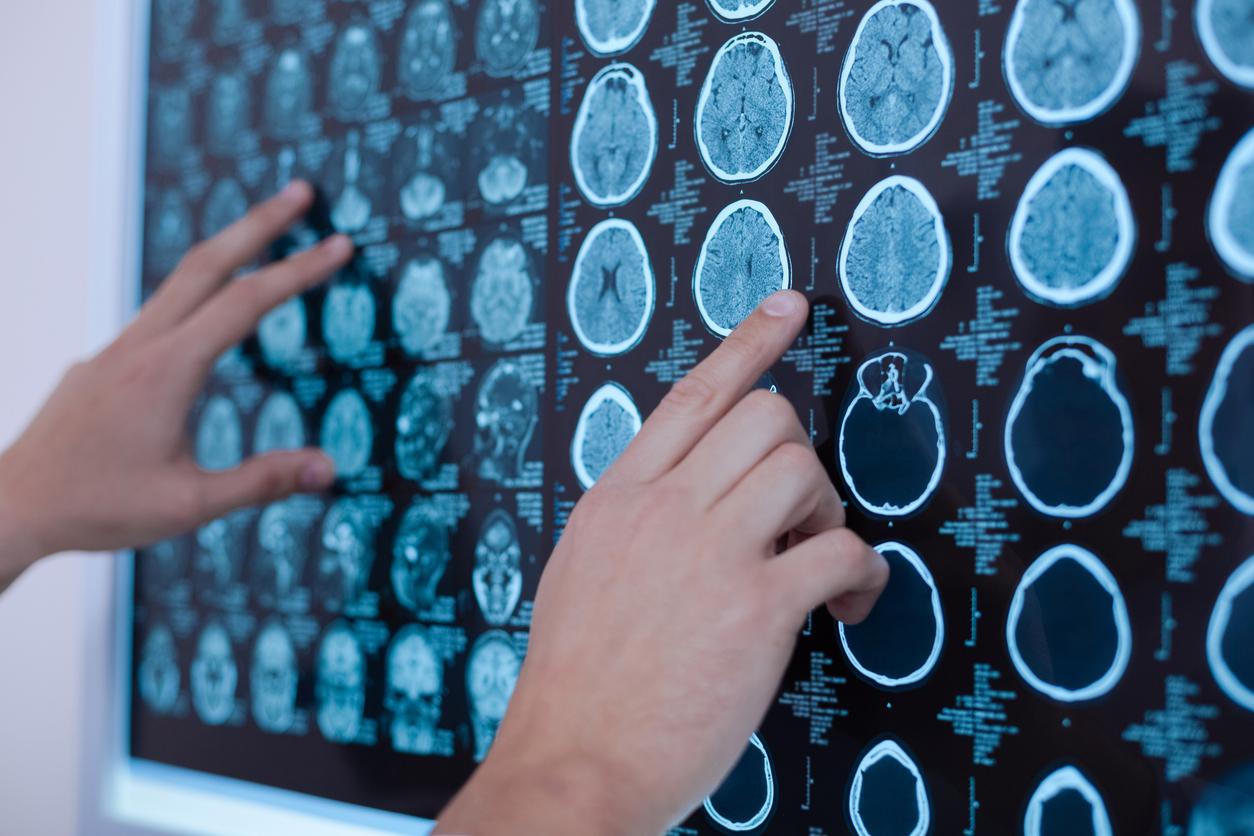Surviving cancer that developed in childhood or adolescence increases the risk of suffering from various diseases throughout life.

- People who survived cancer in their youth are at higher risk of cardiovascular disease, a new study finds.
- They have an increased risk of having another cancer, accidents or suicide as well.
- For researchers, they should be offered longer follow-up after their recovery.
“If you had cancer as a child or teenager, you are at increased risk of receiving almost any diagnosis in the future.”explains Laila Hübbert, a researcher at Linköping University. The scientist came to this conclusion after analyzing the records of all people under the age of 25 who had had cancer in Sweden since 1958. Her work was presented in the journal The Lancet Regional Health – Europe.
Cancer survivor: increased risk of cardiovascular disease
Using the national cancer registry set up more than 60 years ago, the researchers took the records of about 65,000 patients who had cancer before the age of 25. They compared them to those of a control group of 313,000 healthy people.
They found that cancer survivors were approximately three times more likely to develop cancer later in life and 1.23 times more likely to suffer from cardiovascular disease. Their risk of accidents, poisoning and suicide was 1.41 times greater.
Moreover, socioeconomic factors also appear to play a role in the risk of illness and death after cancer before adulthood. “By cross-referencing the records, the researchers were able to see that the risk increases for people with a lower level of education, of foreign origin or who are single.”specifies the communicated.
Cancer: Survivors should be monitored more closely
For the researchers, their discovery raises an important point to consider in the monitoring of cancer survivors. Currently, patients are generally followed for five years after the end of treatment. However, they remain very vulnerable.
“Cancer survivors carry with them a fragility for the rest of their lives that puts them at higher risk of new diseases. It is mainly chemotherapy and radiotherapy that increase the risk of cardiovascular diseases. This means that patients should not be discharged prematurely without planned and continuous follow-up. It is important to identify these risk factors and diseases at an early stage.”warns Laila Hübbert in a press release.


















